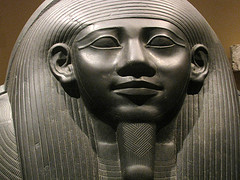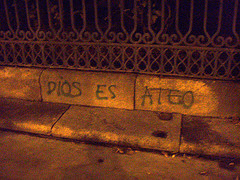Mar 27, 2013 Comments Off on On Religious Tolerance
On Religious Tolerance
When we are asked to “tolerate” the religious views of others, the assumption is that we harbor no religious views of our own or, at least, that such views do not lay claim to absolute truth.
In other words, calls for religious tolerance (and this includes the “freedom of religion” ensconced in our Bill of Rights) tacitly imply that all religions are equally valid, which is just another way of saying that no one religion is the true religion.
Of course, at least in the case of Christianity and Islam, such an insistence is baked into the religion itself. For this reason, asking Christians to be “tolerant” of (in the sense of neither criticizing, mocking nor lampooning) Islamic doctrine, or vice versa, is tantamount to asking them to disown (or at least relativize) their own creed.
That many believers are in fact willing to do so, thus accepting the relatively modern perspective that one’s religious beliefs are a matter of personal preference, rather than universal obligation, testifies to humanity’s willingness to favor social bonds over dogmatic, doctrinal fidelity. It also suggests that many people understand their religious identity to be as much an accident of birth as their native language or particular ethnicity.
That others are unwilling to do so and, in fact, ready to persecute and attack adherents of rival faiths or be martyred in the name of their own, strikes us as both hopelessly antiquated and, if seen as an act of principled, unwavering devotion, oddly heroic.
Which does not mean, however, that such “heroism” need be tolerated.


